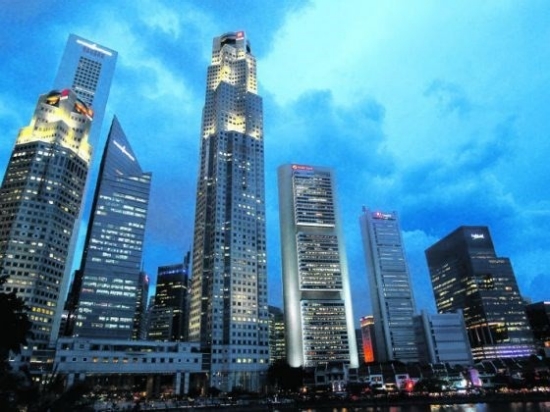03 Jun 2016

The index ranks 163 countries’ contributions to the world’s well-being
PUBLISHED: 3:25 PM, JUNE 3, 2016
UPDATED: 5:22 PM, JUNE 3, 2016
SINGAPORE — Singapore has been ranked an overall 24th globally and first in the Asean region for its contributions to the world’s well-being, in the latest Good Country Index.
In the region, Malaysia was ranked 46th, followed by Thailand (57th), the Philippines (74th), Indonesia (83rd), and Vietnam (115th). Scandinavian countries dominated the index, with Sweden, Denmark and the Netherlands taking the first three spots.
“We’re not making moral judgments about countries. What we mean by a Good Country is something much simpler: It’s a country that contributes to the greater good of humanity,” said the index’s creator, TED activist and independent policy advisor Simon Anholt.
This year’s index ranks 163 countries’ global contributions in seven areas: Science & Technology, Culture, International Peace & Security, World Order, Planet & Climate, Prosperity & Equality and Health & Wellbeing.
Data is sourced from the United Nations, the World Bank and other international organisations. The index’s latest edition extrapolates data from 2011 figures, with the exception of the global cyber security score (2014). "The data used from UN agencies and other international bodies tend to take 3-4 years to compile and publish, so as is common with global surveys of this sort, we are looking at a point in the past," said Mr Anholt in an email to TODAY.
Among the individual categories, Singapore fared best in the area of Prosperity & Equality, where it ranked 7th due to its open trading and positive foreign direct investment outflows. The Republic received its worst ranking for World Order, placing 123rd. The section assesses factors such as population percentage of charity givers, number of refugees hosted and numbers of UN treaties signed.
Singapore placed 14th for Planet & Climate, 23rd for Science and Technology, 33rd for Culture, 34th in Health & Wellbeing and 45th in International Peace & Security.
Mr Anholt stressed that the Good Country Index is not a measure of what countries do at home.
“What the Index does aim to do is to start a global discussion about how countries can balance their duty to their own citizens with their responsibility to the wider world, because this is essential for the future of humanity and the health of our planet,” said Mr Anholt on the index’s website.
The Good Country Index, which was first released in 2014, has received some criticism for being flawed. For instance, The Economist noted in a blog post in 2014 that the index penalises countries involved in armed conflicts abroad or that sell arms. But couldn’t one argue that this fosters a stable world, it asked, while noting it is still a “worthwhile pursuit by imagining how countries might compete when they aim to serve others”.
In its latest version, the Index has replaced several datasets, especially in the Planet & Climate category, to make them more accurate.